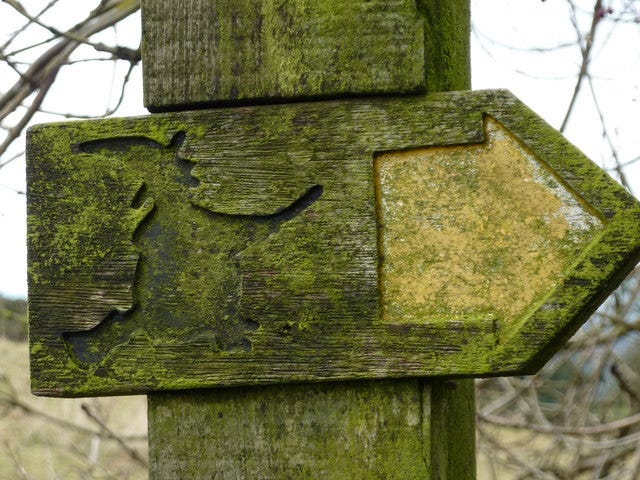A Tale of Witchcraft, Fear, and Persecution
The Pendle Witches
In the early 17th century, the small village of Pendle Hill in Lancashire, England, became the epicenter of one of the most infamous witch trials in history. The Pendle Witch Trials, which took place in 1612, cast a dark shadow on the region, leaving a lasting legacy of fear and superstition.

The Accusations
The accusations of witchcraft in Pendle began with a feud between two local families, the Demdikes and the Chattoxes. Elizabeth Southerns, known as "Old Demdike," and Anne Whittle, known as "Old Chattox," were both believed to be cunning women, skilled in the use of herbal remedies and folk magic. These women, along with several members of their families, were accused of practicing witchcraft. The accusations quickly spread, leading to the arrest of twelve people.
The Trials
The trials of the Pendle Witches took place at Lancaster Castle. The prosecution relied heavily on the testimonies of a young girl named Jennet Device, a membe…


